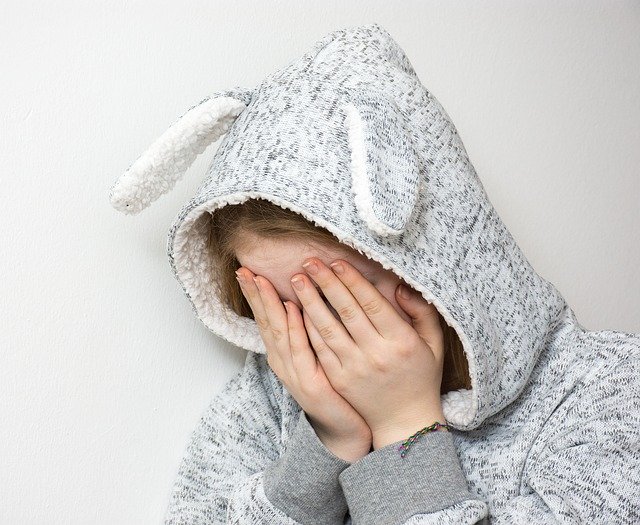Today, more teens than ever are experiencing depression and anxiety. It’s important to start the conversation about mental health with teens in order to make it okay to talk about and help them feel more comfortable. Depression is one of the leading mental health issues in all ages, but for teens, untreated depression can lead to more issues later down the road. It’s important for parents to be able to spot the early signs of depression in their teens, such as avoidant attachment style in child and sudden changes in behavior.

Academic Changes
A potential sign of depression in teens is when there are problems at school. Teens who are suddenly getting bad grades or struggling in their classes may be having more going on internally. Children with depression are also more likely to get in trouble at school due to their behavior. Parenting a child with anxiety or depression can be a challenge if there isn’t a good partnership between the family and the school.
Mood Swings
Children struggling with mental health may also demonstrate extreme mood swings. While it’s normal to see mood swings during the puberty years, when there are extreme highs and lows in your child’s mood and motivation, that may be a sign of depression. If children have sudden emotional outbursts or regular fits of crying, that may be a sign of a problem. It’s important for children and teens to learn coping strategies to help them manage their emotions.
Withdrawal
Some children and teens display depression signs by withdrawing. They may withdraw to their room and avoid spending time with the rest of the family. They may also stop hanging out with friends and peers and spend most of their alone. Additionally, children with depression may also spend a significant amount of time on their devices, such as tablets, computers or smartphones. It’s always a good idea to limit screen time to avoid having children use their devices to help make themselves feel better.
Drugs or Alcohol
Another early sign of depression in children and teens is when there is evidence of drugs or alcohol usage. Teens with depression may turn to substances to help them cope. This may include alcohol, drugs like marijuana, prescription painkillers and vaping devices. It’s important for parents to keep their teens from potentially accessing prescription medication and alcohol stored in their homes.
Aggression
The last potential sign of depression in a teen is when there is a history of aggression. Young children who display high levels of aggression may struggle to regulate their emotions. This may lead to depression later in the teen years. Recognizing the potential signs of anxiety and depression and turning to anxiety medicine for teenager options may help children manage their feelings.
Parents must be vigilant about the potential signs of depression and other mental health issues in their children. Some children may put a lot of effort into hiding their depression due to being ashamed of how they feel. Treating these concerns early may help teens feel more confident and find more success later in life. Learning how to talk to teens about therapy can make the difference between early intervention and prolonged suffering
Hi, I am Subhajit Khara a lifestyle blogger. Besides blogging, I like to play cricket and watch CR7 playing. You can reach out to me at wittythink.com

Speak Your Mind